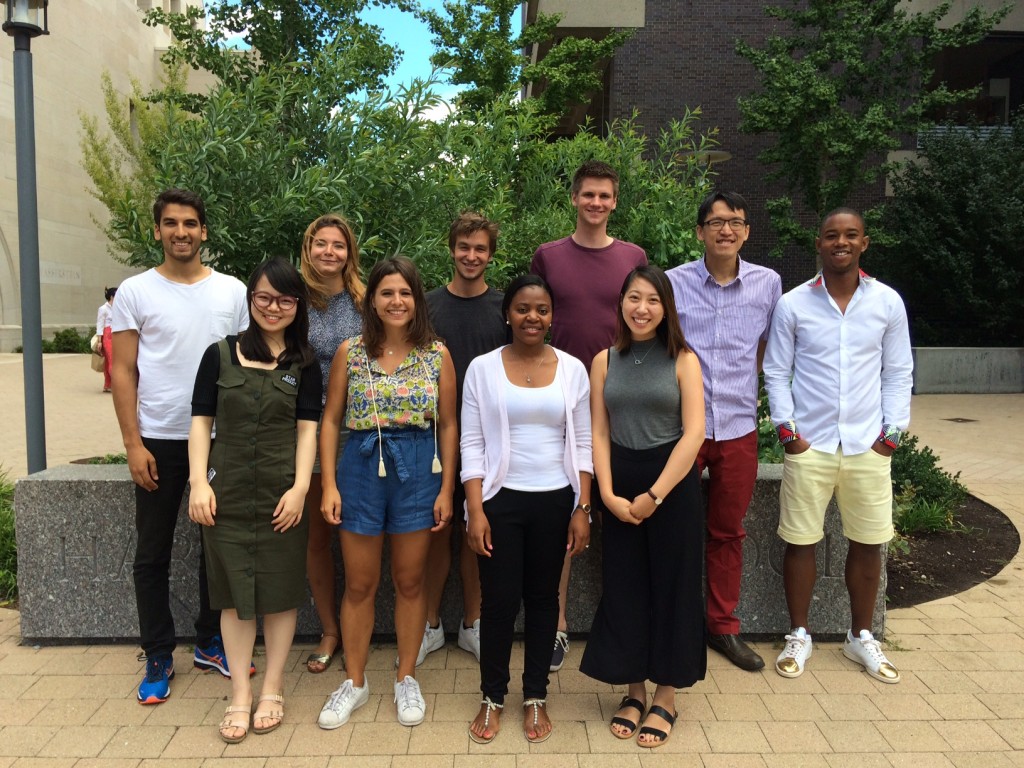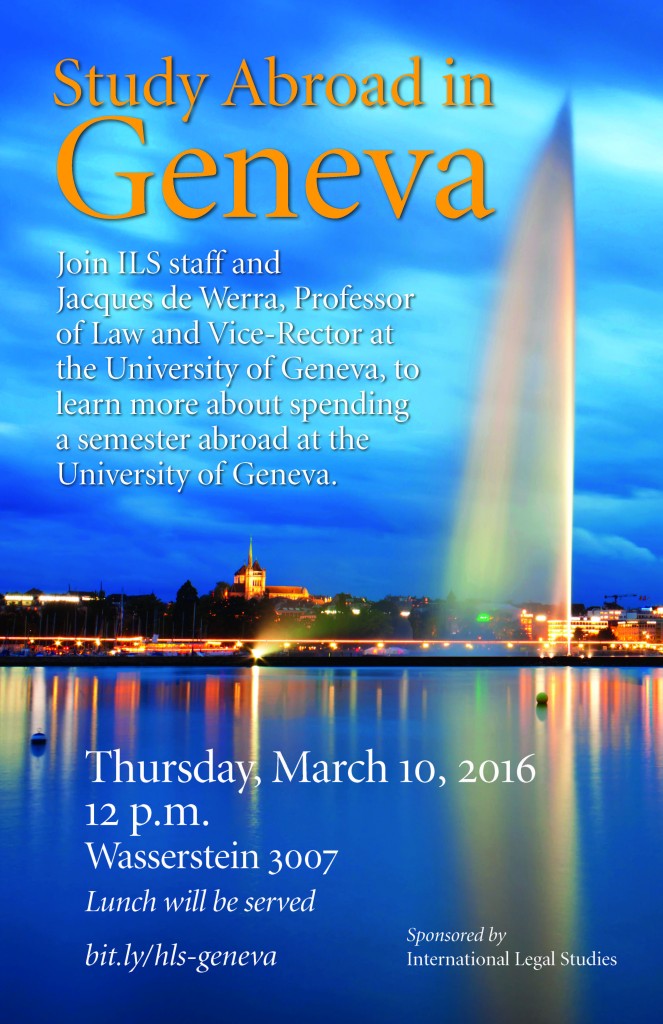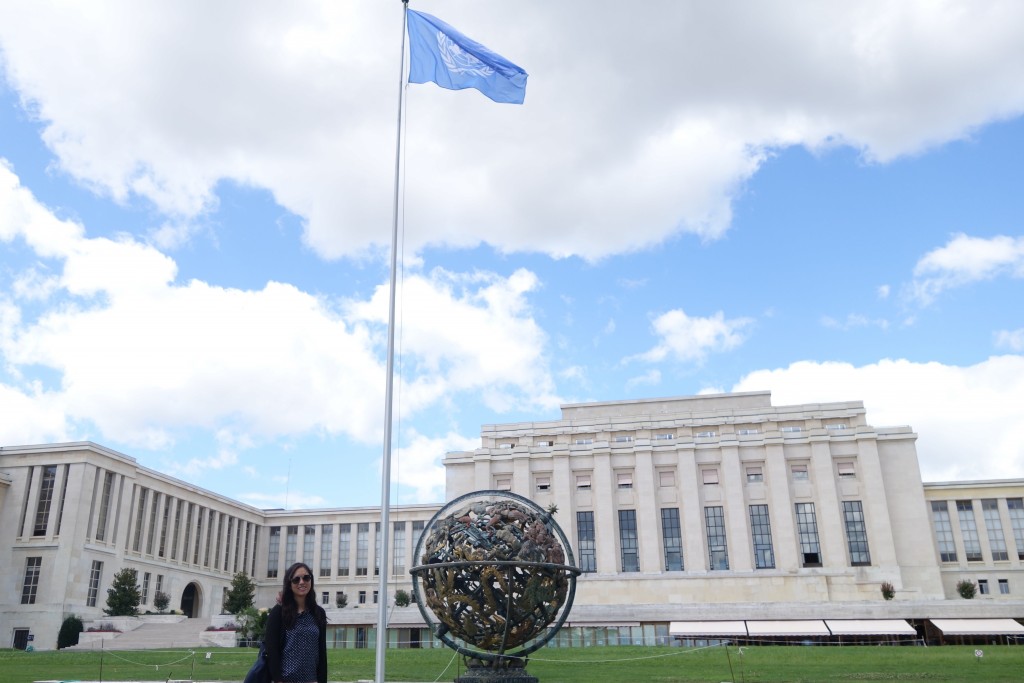 Legal scholars from across the globe gathered at Harvard Law School in July for a two-day conference on law and development. The conference is the latest in a series of conferences held periodically by a loose consortium of schools–including Harvard Law School, the University of Geneva, Renmin University of China, and the University of Sydney, Australia–on themes of broad shared interest. Previous meetings focused, respectively, on property, corporate governance, and dispute resolution. This year’s conference also included participants from the National Autonomous University of Mexico, Seoul National University, the Universidad de los Andes in Colombia, and the University of the Witwatersrand in South Africa. This year’s session explored law and development from five vantage points: Business and Trade; Gender and Family; Disability; China as a Case Study; and Three Examples of Potential for Reform.
Legal scholars from across the globe gathered at Harvard Law School in July for a two-day conference on law and development. The conference is the latest in a series of conferences held periodically by a loose consortium of schools–including Harvard Law School, the University of Geneva, Renmin University of China, and the University of Sydney, Australia–on themes of broad shared interest. Previous meetings focused, respectively, on property, corporate governance, and dispute resolution. This year’s conference also included participants from the National Autonomous University of Mexico, Seoul National University, the Universidad de los Andes in Colombia, and the University of the Witwatersrand in South Africa. This year’s session explored law and development from five vantage points: Business and Trade; Gender and Family; Disability; China as a Case Study; and Three Examples of Potential for Reform.



